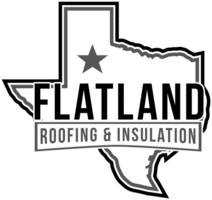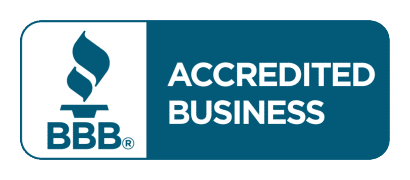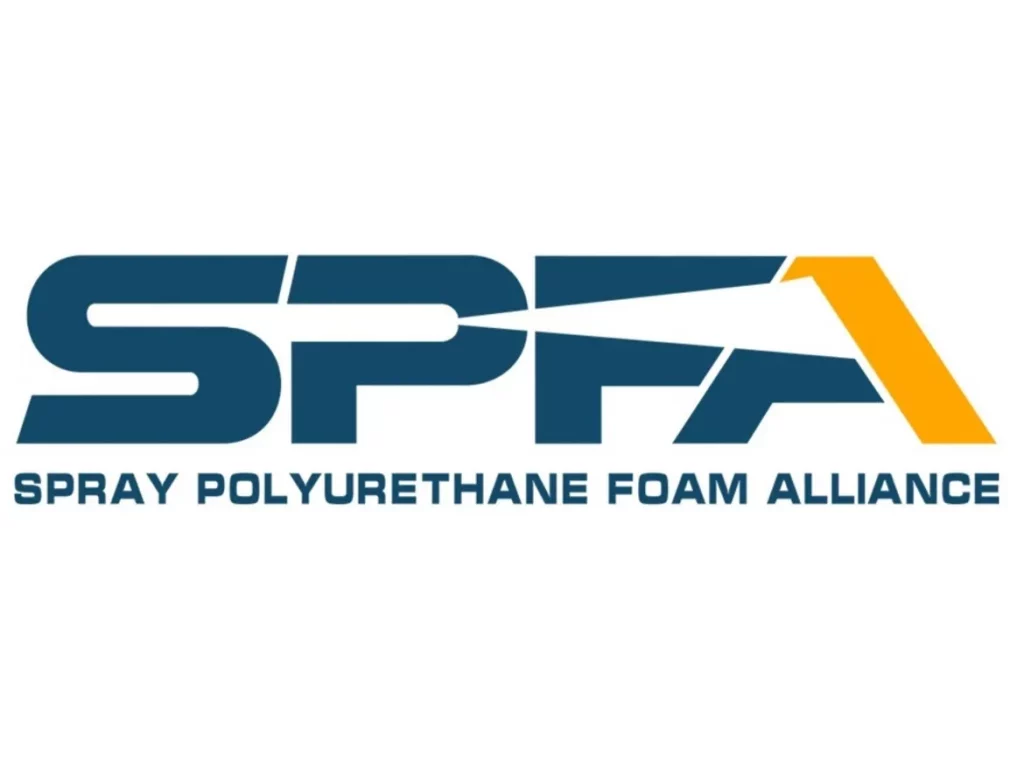Insulation boards are essential components in modern construction, providing thermal efficiency and energy savings for residential and commercial buildings. However, their ability to withstand moisture is a frequent point of concern, especially in areas prone to dampness. Understanding the water resistance of these materials is crucial for selecting the right type of insulation board for specific applications. This guide explores whether insulation boards are waterproof, how they resist water, and where they are most effectively used.
Understanding Water Resistance in Insulation Boards
Insulation boards come in various materials, each with distinct properties regarding moisture. Generally, insulation boards are designed to resist water rather than being entirely waterproof. Water resistance means the board can repel moisture to a certain extent without absorbing it, maintaining its structural integrity and insulation performance.
Types of Insulation Boards and Their Water Resistance
- Expanded Polystyrene (EPS): EPS boards are commonly used in construction due to their affordability and insulation capabilities. They are highly resistant to water, making them suitable for damp environments. However, they are not entirely waterproof; prolonged exposure to water can eventually cause absorption.
- Extruded Polystyrene (XPS): XPS boards offer superior water resistance compared to EPS. Their closed-cell structure significantly limits water absorption, making them ideal for areas with high moisture levels, such as basements or foundations.
- Polyisocyanurate (PIR): PIR boards are known for their excellent thermal resistance and moderate water resistance. While they can withstand moisture exposure, they should be covered adequately in applications exposed to heavy water contact.
- Rigid Foam Insulation: Rigid foam boards provide a high level of moisture resistance. Their material composition makes them suitable for external walls and roofs where water exposure is common.
- Fiberglass Boards: Although fiberglass insulation boards have good thermal properties, they are not naturally water-resistant. They can absorb water, which may compromise their insulating performance over time.
How Insulation Boards Resist Moisture
The water resistance of insulation boards is typically achieved through their material composition and manufacturing process. Boards with closed-cell structures, like XPS, are designed to prevent water penetration effectively. Some boards are also treated with water-repellent additives to enhance their moisture resistance.
Key Applications of Water-Resistant Insulation Boards
Insulation boards with varying degrees of water resistance are used in different construction scenarios. Choosing the right board involves considering the environment, exposure to moisture, and long-term insulation needs.
Roof Insulation
Roofing applications demand insulation materials that can handle direct exposure to the elements. XPS and rigid foam boards are popular choices for roof insulation due to their low water absorption rates. These boards prevent heat loss while safeguarding the structural components of the roof from moisture damage.
Foundation and Basement Insulation
Basements and foundations are susceptible to groundwater seepage and dampness. Insulation boards like XPS are ideal for these areas because they offer superior water resistance, reducing the risk of water infiltration and mold growth.
Exterior Wall Insulation
In regions with frequent rainfall or high humidity, exterior wall insulation requires materials that can resist water penetration. Rigid foam and XPS boards are commonly used to provide thermal efficiency while protecting the building envelope from moisture.
Below-Grade Insulation
Below-grade applications involve installing insulation below ground level, such as around basements or crawl spaces. Water-resistant insulation boards are crucial in these settings to prevent water from compromising the insulation’s effectiveness.
Common Questions About Insulation Boards and Water Resistance
How do insulation boards react to water exposure?
Insulation boards with high water resistance, like XPS, maintain their thermal properties even when exposed to water. Boards with lower water resistance may absorb moisture, reducing their insulating capacity.
Are all insulation boards waterproof?
No, insulation boards are designed to be water-resistant rather than completely waterproof. Their effectiveness against water varies by type and application.
Can water-resistant insulation boards prevent mold?
Yes, water-resistant insulation boards help reduce the likelihood of mold growth by limiting moisture accumulation. However, they should be installed correctly to ensure optimal performance.
How do I choose the right insulation board for damp areas?
For areas with high moisture exposure, choose insulation boards like XPS or rigid foam that have low water absorption rates. Consider the specific environment and long-term requirements when selecting materials.
What happens if insulation boards absorb water?
If insulation boards absorb water, their thermal efficiency may decrease, and they could become susceptible to mold and degradation. Using water-resistant materials helps prevent these issues.
Selecting the Right Insulation Board
Selecting the right insulation board depends on understanding the specific needs of your building project. Moisture resistance is a critical factor, especially in areas exposed to water. Insulation boards like XPS provide effective solutions for environments where water exposure is a concern.
Get Professional Guidance
For expert advice on choosing the best insulation materials for your project, contact Flatland Roofing & Insulation at (806) 606-6794 or email [email protected]. Our team is ready to assist you with your insulation and roofing needs.
Conclusion
Insulation boards are essential for energy efficiency and structural integrity in construction projects. While not all boards are completely waterproof, many offer significant water resistance, making them suitable for various applications. Understanding the moisture-resistant properties of different insulation boards ensures you choose the right material for your needs. For tailored solutions and professional support, reach out to Flatland Roofing & Insulation today.
FAQs
Are insulation boards waterproof?
Insulation boards are generally water-resistant, not completely waterproof. Their ability to repel water varies by type.
Which insulation boards are best for wet areas?
Extruded polystyrene (XPS) and rigid foam boards are ideal for wet areas due to their low water absorption rates.
Can insulation boards be used for exterior walls?
Yes, water-resistant insulation boards like XPS and rigid foam are commonly used for exterior walls to provide thermal efficiency and moisture protection.
What is the difference between water-resistant and waterproof insulation?
Water-resistant insulation can repel water but not entirely prevent it from penetrating over time. Waterproof insulation completely blocks water but is less common in standard construction.
How do I maintain insulation boards in wet areas?
Ensure proper installation and use materials designed for moisture resistance to maintain insulation performance in wet areas.






